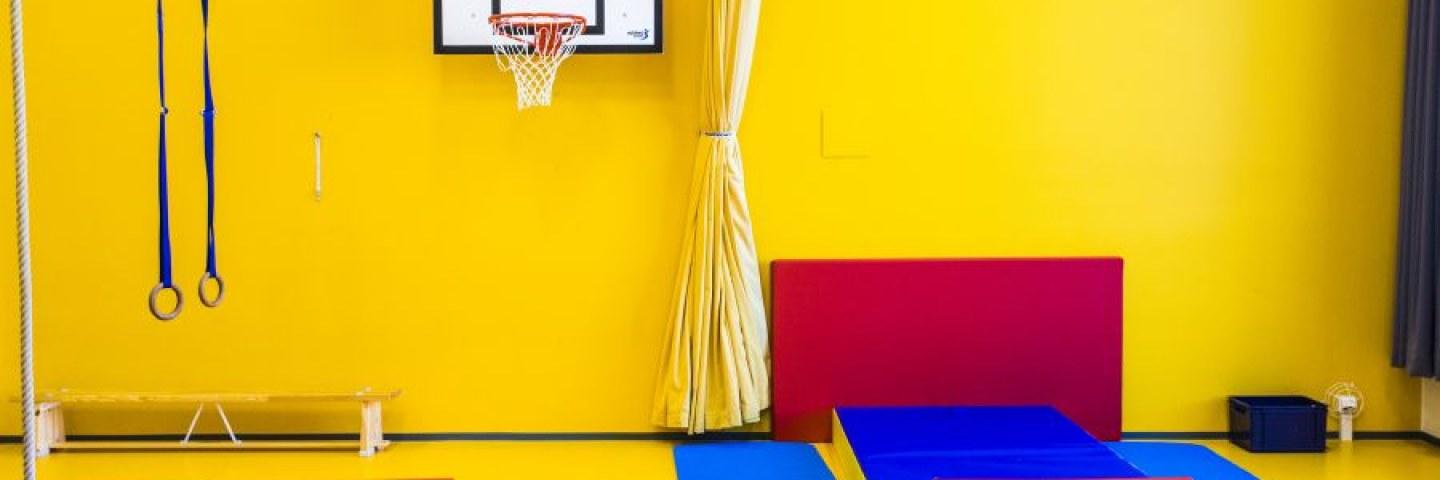Launched in May 2020 as a collaboration between Tampere University and the University of Helsinki, the study examines how schooling, teaching and well-being have been affected by exceptional circumstances that were introduced in Finland due to the COVID-19 pandemic. Data have been collected through surveys that were distributed to primary school teachers and staff, students and their parents or guardians.
As a result of the exceptional situation caused by the coronavirus, Finnish primary schools quickly switched to distance education. Now, the researchers want to find out how teaching was organized under the exceptional circumstances in order to support the development of the activities of teaching organizers and schools.
The nationwide study examines how the COVID-19 situation has affected children's education, the work of all those involved in school-related activities and the well-being of families. The aim of the study is to provide an overall picture of the impact of exceptional circumstances on school attendance and to collect information in preparation for the next school year.
Data have been collected in May through electronic surveys that were distributed to the principals of all Finnish primary schools, teachers, members of student welfare services and other people working with pupils in the schools, 4th to 10th grade students and parents or guardians of the 1st to 10th grade students. The school situation will continue to be monitored during the 2020‒2021 school year. The first results will be published in early autumn 2020.
The study is carried out in collaboration with the Research Group for Education, Assessment and Learning (REAL, Tampere University) (associate professor Mari-Pauliina Vainikainen), Research Group on Children’s and Adolescents’ Health Promotion (NEDIS, Tampere University) (professor Arja Rimpelä) and Centre for Educational Assessment (CEA, University of Helsinki) (professor Risto Hotulainen and doctoral researcher Raisa Ahtiainen). The research is funded by the Ministry of Education and Culture.
Contact persons
Arja Rimpelä
Emerita Professor Arja Rimpelä
Arja Rimpelä